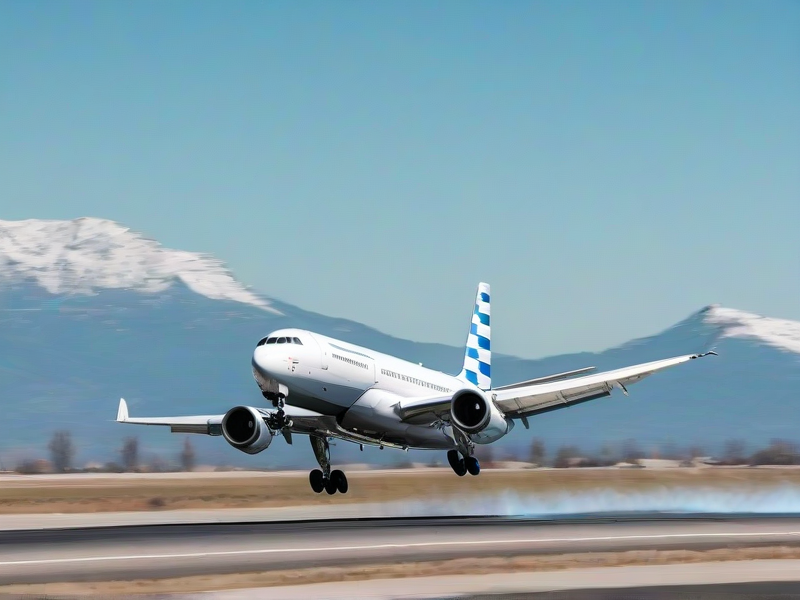The Middle East is located at the intersection of Asia, Africa, and Europe, and its geographical location is of great significance. Adjacent to the Mediterranean Sea, the Red Sea, and the Persian Gulf, it serves as a crucial channel for international trade. Logistics in the Middle East connects all parts of the world by land, sea, and air, enabling the rapid delivery of goods to their destinations.

The Middle East has invested heavily in building modern ports, airports, roads, and railway networks. Freight transportation in the Middle East relies on these advanced infrastructures to ensure the smooth flow of goods. It is particularly worth mentioning that the Port of Jebel Ali in the Middle East is one of the busiest ports in the world, providing an important connection for global trade.
The free trade policies in the Middle East have attracted numerous international enterprises. Special logistics lines and freight consolidation enterprises in the Middle East enjoy preferential tax and trade policies, allowing them to establish businesses and participate in global trade in this region. These policies have promoted the growth of trade and investment. The logistics special lines in the Middle East offer various modes of goods transportation, including sea freight, air freight, land transportation, and railway transportation. The logistics and freight industries in the Middle East provide flexible options for enterprises, enabling them to choose the most suitable transportation mode according to the type of goods and the destination.
The Middle East is home to a rich variety of trade and logistics service providers, including express delivery services and cross-border logistics services. These professional service providers offer comprehensive support to enterprises, helping to simplify supply chain management, reduce costs, and improve the efficiency of goods transportation. Freight forwarders and logistics companies in the Middle East provide important support for the successful operation of the global supply chain.
The governments in the Middle East and the international community have been committed to maintaining regional security and stability. This provides a reliable transportation environment for the global supply chain, ensuring that goods are free from unnecessary interference during transportation in the Middle East. This security and stability give enterprises confidence, making them more willing to choose the Middle East as their logistics and trade partner.
The logistics special line network in the Middle East plays a crucial role in global trade. Its geographical location, modern infrastructure, free trade policies, multimodal transportation, trade services, and a secure and stable environment constitute a complete logistics ecosystem, providing support for global trade. The Middle East is not only a link connecting the East and the West but also a key component of the global supply chain.




 24-hour Online Customer Service
24-hour Online Customer Service Get a quote immediately
Get a quote immediately Xycargo International Freight Forwarding Company
Xycargo International Freight Forwarding Company 



